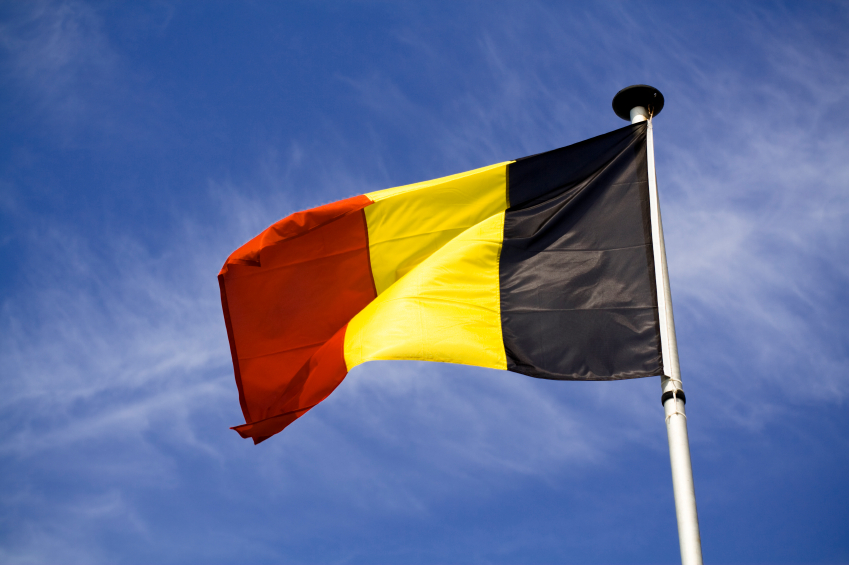Higher Education in Belgium

Educational system
The educational system in Belgium can best be addressed in relation to the 3 main communities there – the Flemish, French and German speaking communities, with particular emphasis on the first two communities as they are more actively involved in administering higher education in the country. A total of 297,000 students attend the Wallonia-Houte Ecoles, the Wallonia Universities, Flanders University and College institutions. The principal owners and administrators of higher education institutions are the publically funded universities and colleges and the Catholic church in both the Flemish and French communities.
Almost half of the universities offer very comprehensive courses in philosophy, letters, social sciences, economics, law, the natural sciences and medicine.
Universities in Belgium offer two levels or cycles of academic pursuit. The first cycle lasts for 2 years and the second for 4 years. In the French community, a third cycle was added, leading to a doctorate degree after further studies of up to 3 years.
In the Flemish community, the education system differs from the French community since the hogescholen system of higher education did not reach the university standards of the French community. A change occurred in 1995-96 where the Flemish curriculum for higher education was upgraded to be equivalent to courses offered in other universities. The reforms resulted in the merging of 136 institutions of higher learning into 29 additional hogescholen.
As a result, all universities, higher education institutions and arts colleges in Belgium now conformed to the Bologna Process. This effectively means that universities and colleges now offer the 3-tier award system that is recognized worldwide.
Bachelor’s degree
- In Belgium an undergraduate who has passed the necessary qualifications for entry into university or college can undertake a full time 3 year course at the end of which he/she is awarded a bachelor’s degree.
- This degree can be awarded on the full range of arts and science courses offered at any university to both local and international scholars.
Master’s degree
- An undergraduate who has completed the 3 year course set for a bachelor’s degree may progress on to the next qualification tier – the master’s degree.
- This award can be made after a student has successfully completed a 1 or 2 years course on any programme chosen by the student in either the science or the arts categories of subjects.
- Both local and international students vie for this coveted award.
Doctorate degree
- This degree award is considered to be placed at the highest echelons of the academic world and is one that the best students aspire to win.
- It constitutes the pinnacle of academic success but even here, the education in Belgium also allows for continual upgrading of the doctorate degree to further enhance and hone the academic proficiency of graduate students.
- The doctorate degree is awarded also to local and international students after 3 to 4 years of studies.
- The core purpose of a research approach in the Belgium university system is to provide academic success to students through the process of education.
- In the Flemish community, such research into the depths of academic subjects leads to appropriate academic degrees in a variety of fields ranging from Economics, Law, Political and Social Sciences, History Philosophy and Linguistics.
